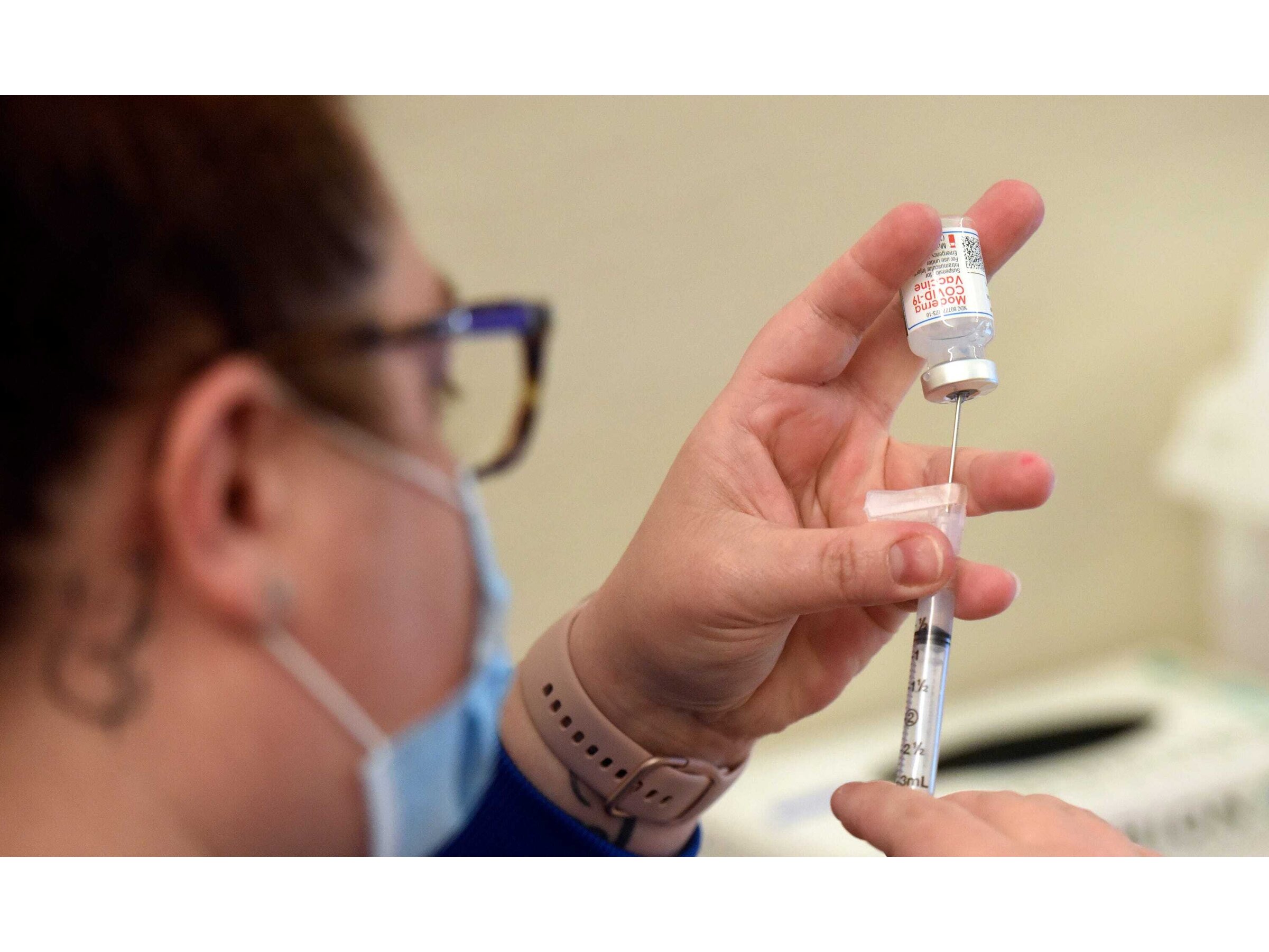
Vaccination Background
Vaccinations in the United States is a hotly debated topic with polarizing view points on both sides. The practice of immunizations dates back hundreds of years and despite the evidence of health gains from immunization programs there has always been resistance to vaccines in some groups. The late 1970s and 1980s marked a period of increasing litigation and decreased profitability for vaccine manufacture, which led to a decline in the number of companies producing vaccines. The decline was arrested in part by the implementation of the National Vaccine Injury Compensation program in the US in 1986. The legacy of this era lives on to the present day in supply crises and continued media efforts by a growing vociferous anti-vaccination lobby. Vaccines help protect against many diseases that used to be much more common. Examples include tetanus, diphtheria, mumps, measles, pertussis (whooping cough), meningitis, and polio. Many of these infections can cause serious or life-threatening illnesses and may lead to life-long health problems and death. So why is there such a strong movement of anti-vaccination people? Why are parents knowingly withholding their children from vaccination? They’re part of what’s called the “anti-vaxxer” movement. Anti-vaxxers believe there’s a connection between vaccination and autism, as well as other brain disorders. "The number of children diagnosed with the baffling brain disorder has skyrocketed, with some states seeing sixfold increases in recent years. Many parents blame vaccines for the explosion in autism, which causes bizarre repetitive behavior and an inability to establish emotional ties. Responding to parents' lawsuits against vaccine makers, Congress is attempting to craft legislation that protects drug companies while compensating families. But some experts say better diagnosis could explain autism's apparent rise. Researchers are still teasing out the role of genetics and the environment in their search for autism's cause." An estimated 1.4 million children under 5 worldwide still die each year due to lack of access to vaccines. But as the “anti-vaxxer” movement appears on the national stage and documentaries like "Vaxxed" gain support from movie stars like Robert De Niro, the risks it poses to the health of the country are no longer hypothetical. "Two centuries of scientific evidence have proven conclusively that vaccines can prevent deadly diseases, but a small, vocal group of skeptics — aided by high-profile celebrities — continues to fight mandatory immunization, especially of babies and school-age children. More than 90 percent of Americans immunize their children against diseases such as measles, diphtheria and whooping cough, but the remainder either reject immunization or don't get the vaccinations on schedule. Public health officials say refusing to follow vaccine protocols allows diseases to spread rapidly, as happened in December 2014 when a measles outbreak began at Disneyland and spread to seven states. But opponents of mandatory vaccination contend that the escalating number of vaccines poses safety concerns and that requiring parents to immunize their children impinges on parental rights and personal freedom. The conflict extends beyond school-age children to include mandatory immunization against the influenza virus for health care workers and military requirements that recruits be vaccinated against yellow fever, anthrax and other dangers."